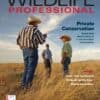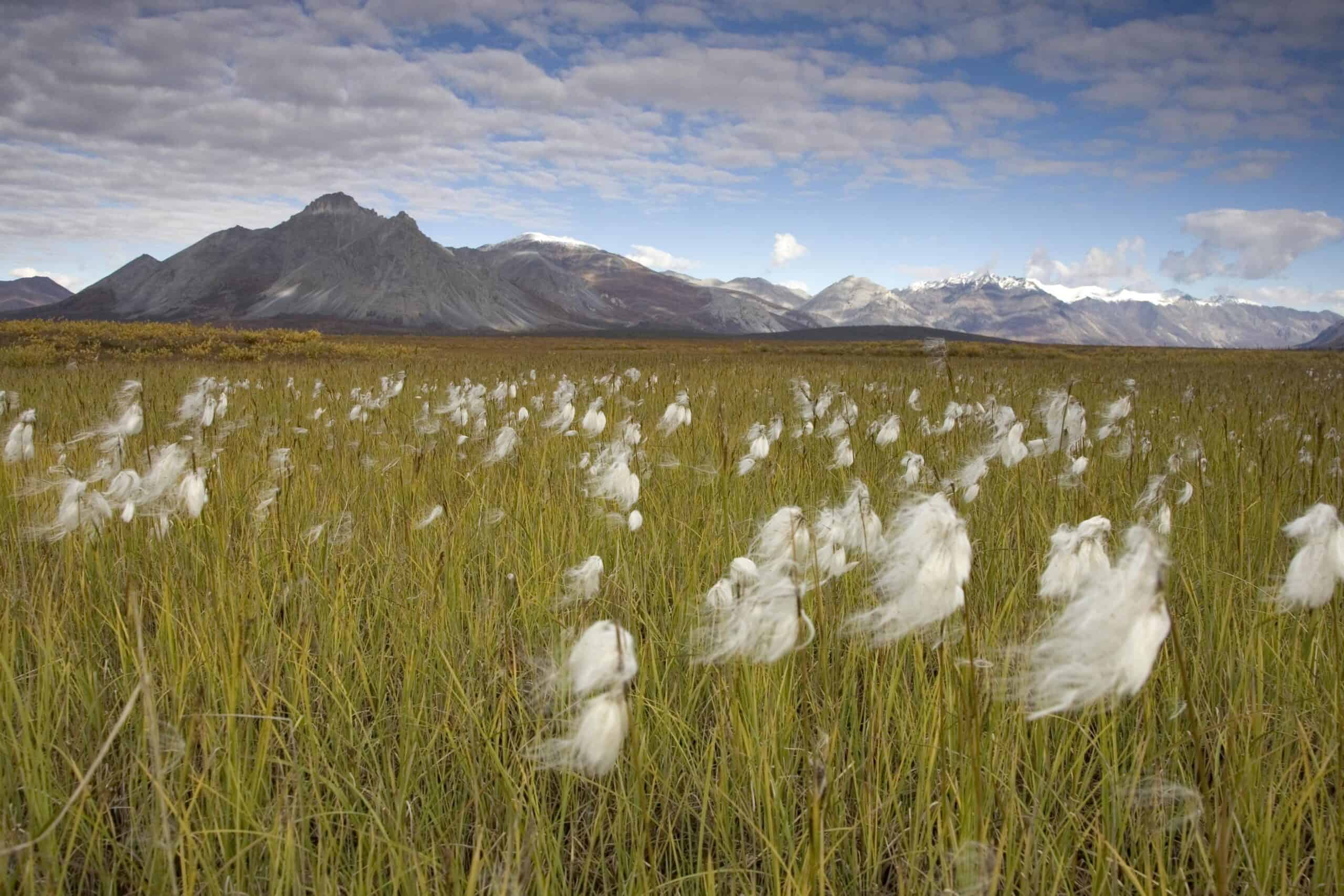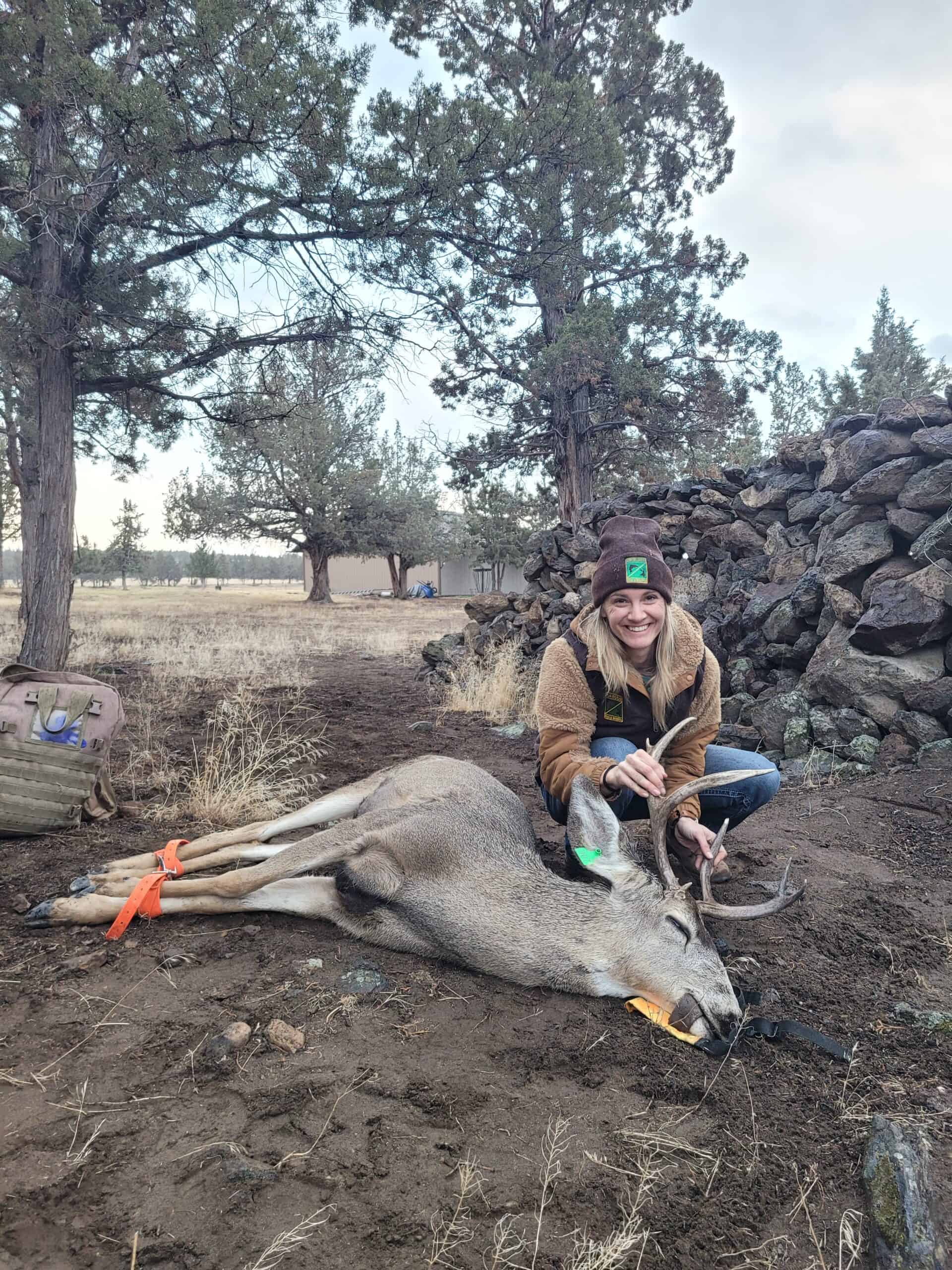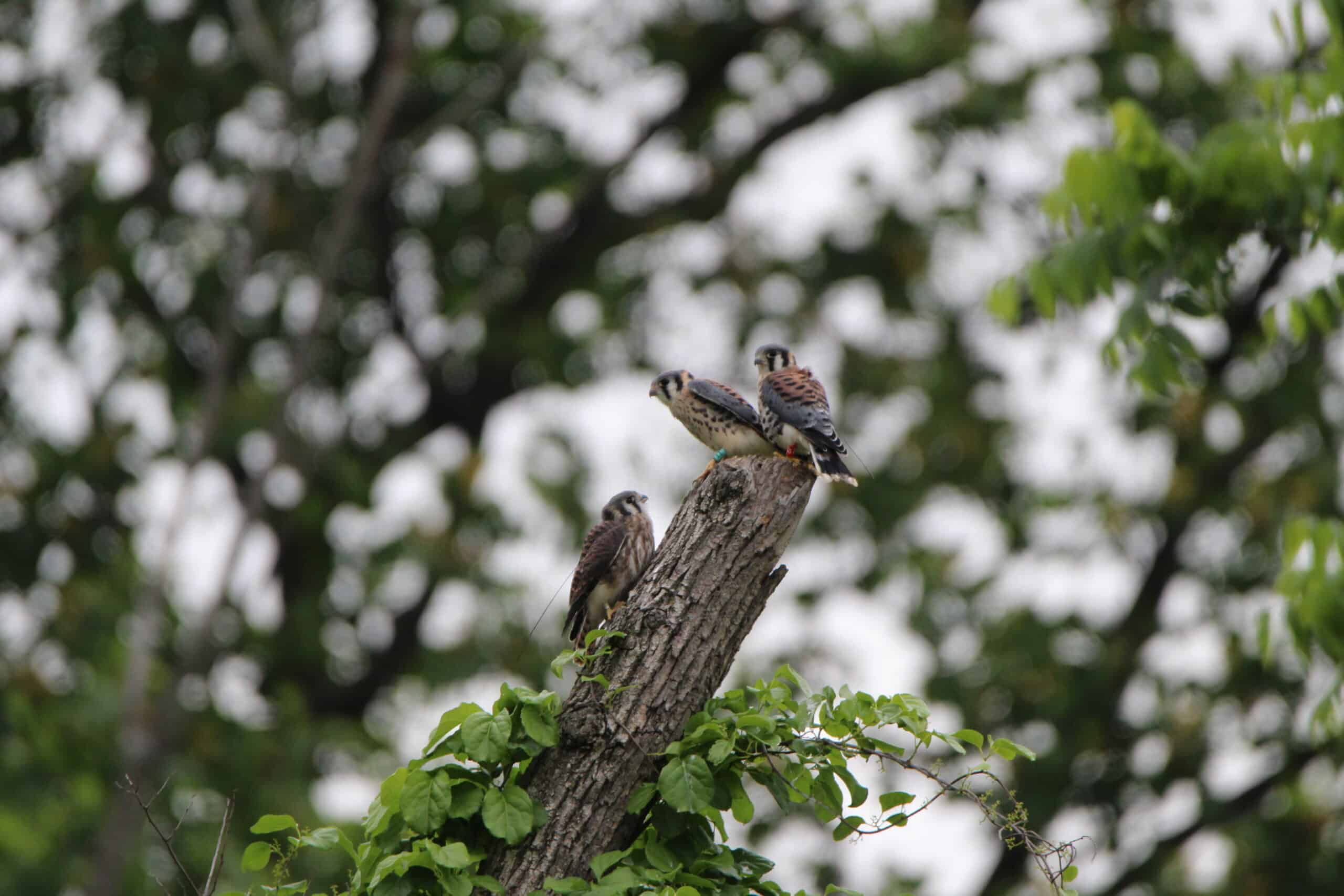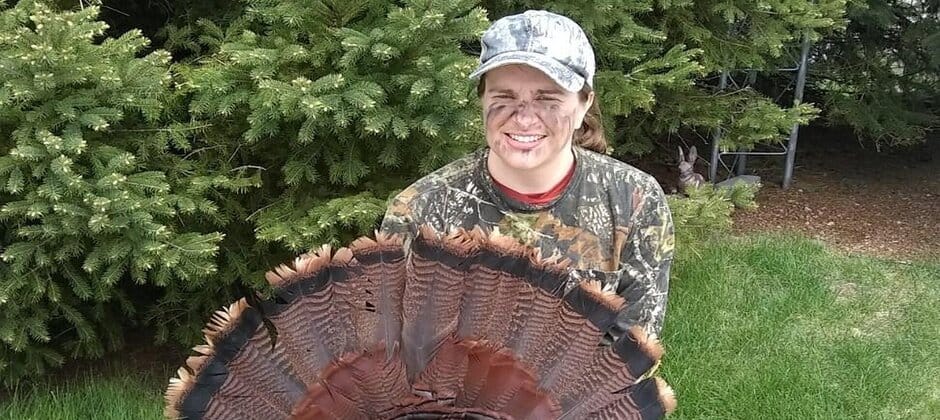
Wildlife Vocalizations: Kelly VanBeek
Wildlife Vocalizations is a collection of short personal perspectives from people in the field of wildlife sciences. I’ve always joked that I wish I could wear a label as my...
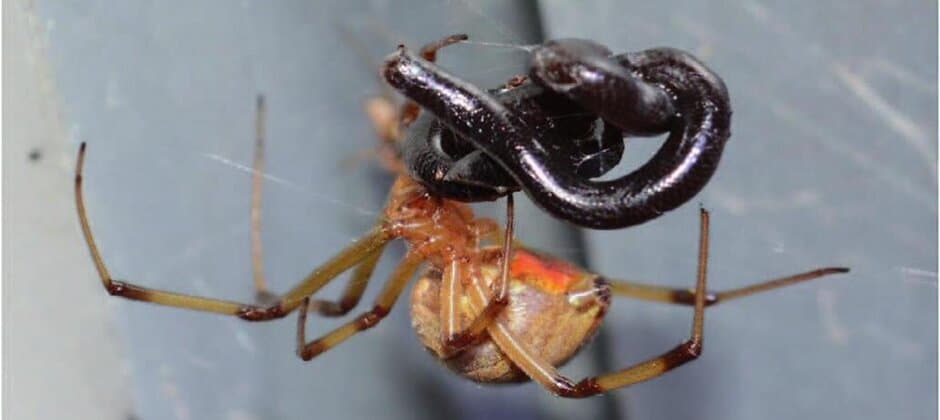
Snakes are on the menu for some spiders
All over the world, there are instances of snakes feeding on spiders, researchers found in a recent meta-analysis. In a study published in the Journal of Arachnology, a team of...

Conference registration now open!
Registration for The Wildlife Society’s 2021 Annual Conference is now open! This year’s conference will be entirely virtual, taking place November 1-5, 2021. In order to make the conference accessible to...

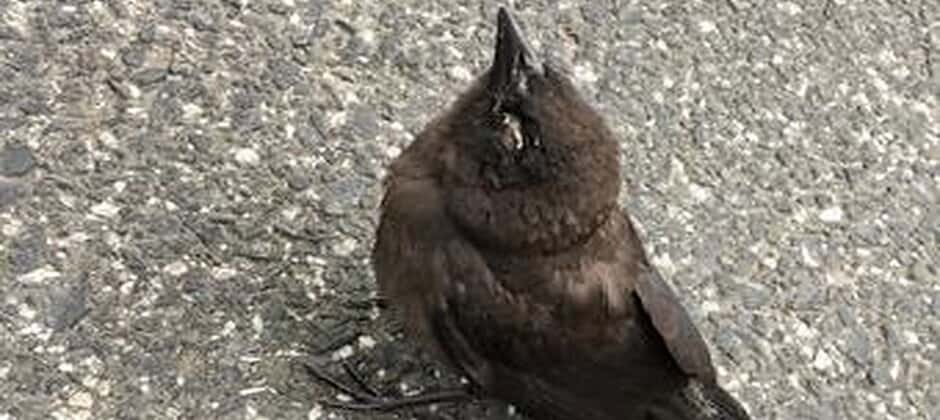
Mysterious deadly bird-blinding illness appears in Ohio
A mysterious illness that blinds birds before eventually killing them has now turned up in Ohio after being initially discovered in the Washington, D.C. area. The Ohio Wildlife Center in...
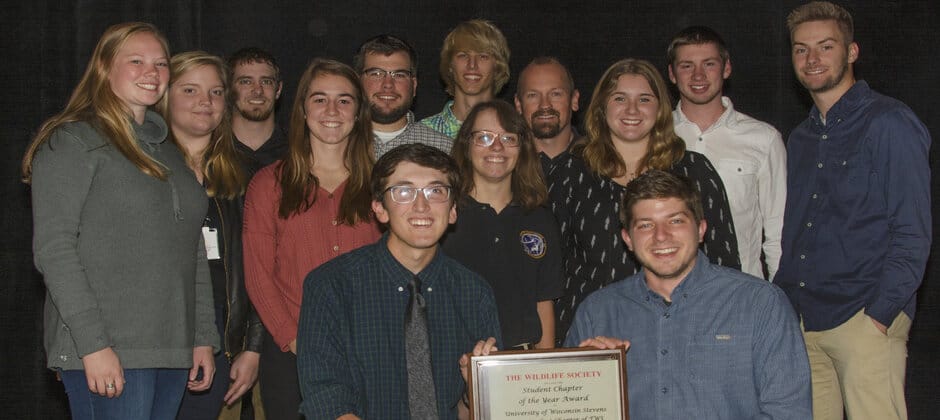
TWS renews Strategic Partner relationship with NAUFWP
The Wildlife Society and the National Association of University Fish and Wildlife Programs have reaffirmed their commitment to wildlife education and the next generation of wildlife professionals. A renewed Strategic...
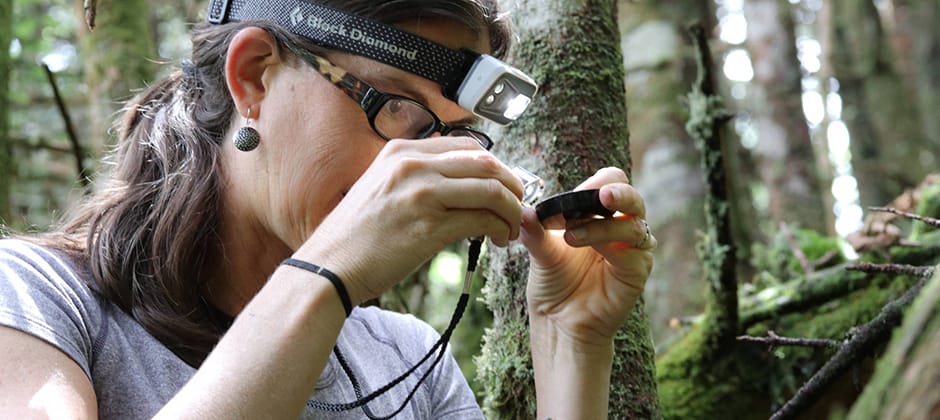
Summer Reading – Top Journal Downloads of 2020
For over 80 years, The Wildlife Society has helped develop, contextualize and advance the scientific foundation of wildlife management through publication of peer-reviewed studies in the Journal of Wildlife Management...

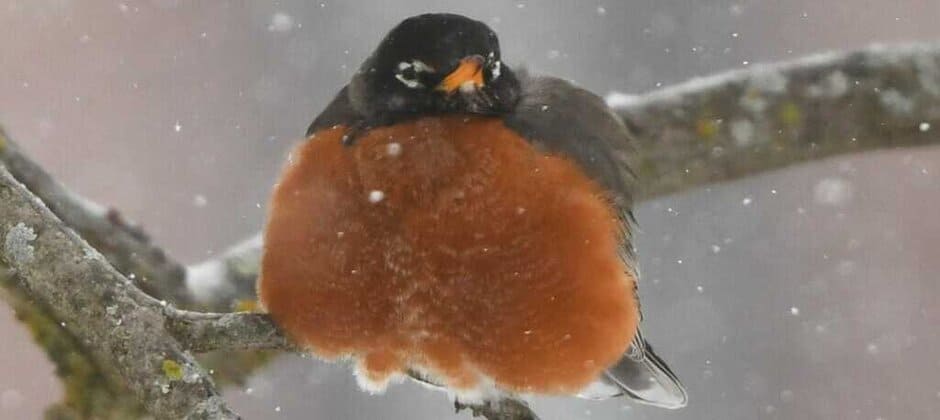
Winter weather extremes may kill off bird populations
Some bird species may not be able to cope with increasingly extreme winters — whether that means unusually warm periods or polar vortexes. Researchers examined the impacts of extreme cold...
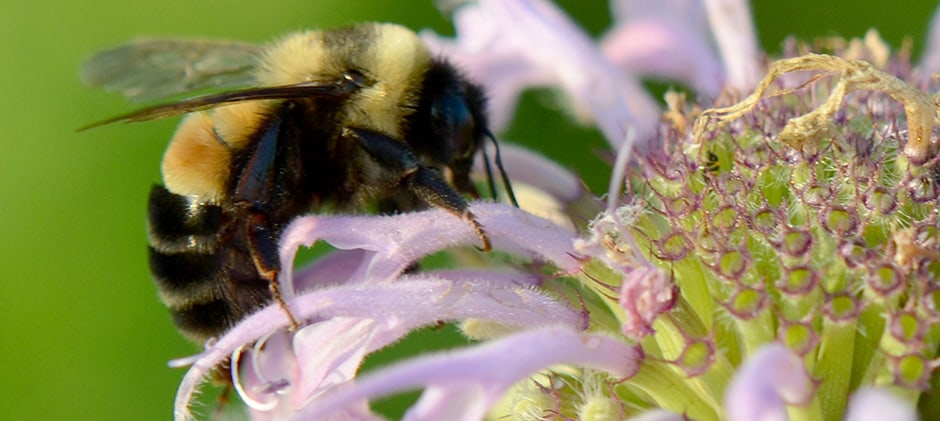
Forest conservation may boost bumblebee numbers
Conservation for bumblebees in Illinois is likely lacking in wooded areas where flowers are fewer but critical to their life cycle. Researchers delved into a 22-year-long Illinois Natural History Survey...

USDA plans to reinstate protections for in Tongass National Forest
The U.S. Department of Agriculture plans to repeal or replace the previous administration’s rule that exempts the Tongass National Forest in Alaska from roadless-area restrictions on logging and other development....

